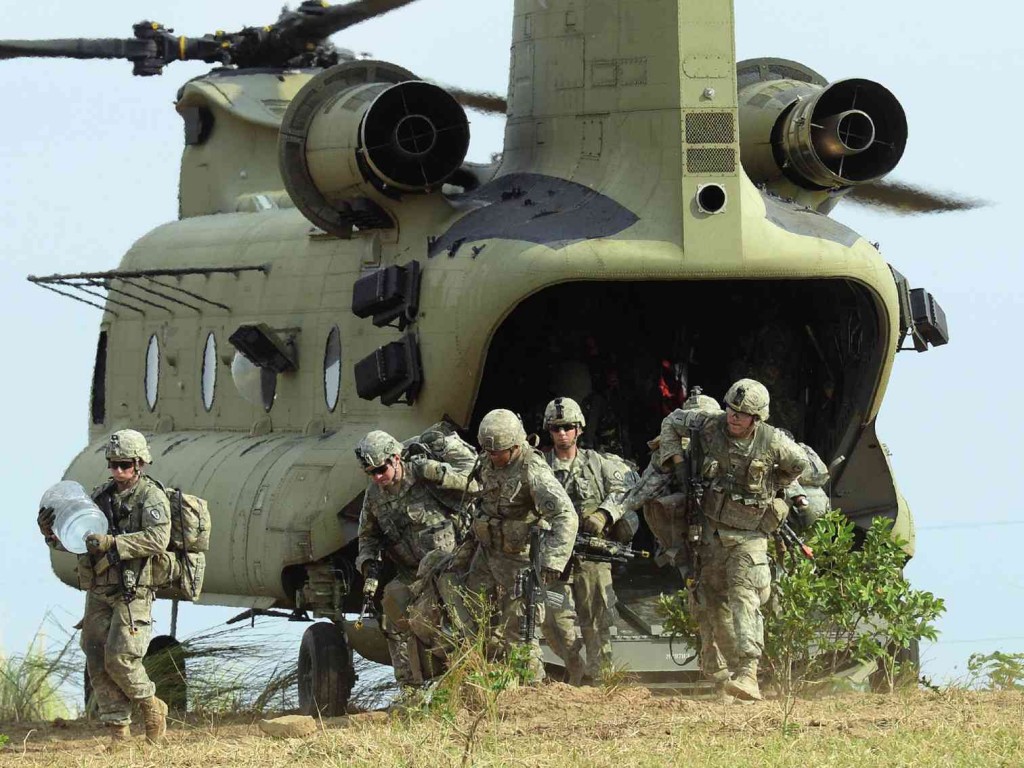Japan to join PH-US military exercises
Japan will take part in the Balikatan exercises between the Philippines and the United States this year, according to Foreign Press Secretary Yasuhisa Kawamura.
“For this year’s Balikatan, the Japanese Self-Defense Force is going to attend,” Kawamura told a press briefing Thursday evening.
Kawamura did not specify Japan’s role in the war games, but in previous years, its self-defense forces had been observers in the drills between the Philippines and the United States.
This year’s exercises are expected to be scaled down, after President Rodrigo Duterte ordered a stop to mock assaults and other bilateral drills.
Mr. Duterte has been distancing the Philippines from the United States, which has questioned his brutal antidrug crackdown that has left more than 6,000 people dead, including victims of unknown vigilantes.
Article continues after this advertisementWhile Mr. Duterte has cozied up to China and Russia, he has railed at President Barack Obama’s outgoing administration for raising alarm over human rights concerns.
Article continues after this advertisementThe brash-talking Mr. Duterte has repeatedly vowed to scale back joint military exercises and other defense engagements with the United States, his country’s treaty ally, but has walked back on many of his threats.
Japan remains a close ally of the United States.
Kawamura said the Japan-US alliance was the “cornerstone of our foreign policy and security policy.”
“And it will provide the security and prosperity and stability in the region, the Asia-Pacific region,” he said.
Mr. Duterte visited Japan in October when he and Abe agreed to cooperate in promoting regional peace and stability and acknowledged the importance of their alliances with Washington.
Its position will remain even after the change in administration in the United States, Kawamura said.
He also said Tokyo would continue to cooperate with Manila on matters of defense, including capacity building, provision of equipment, and training and exercises.
It would also be involved in maritime security and antiterrorism measures.
About two dozen activists led by four Filipino women who were forced into sexual slavery by Japanese troops in World War II protested on Thursday outside the Japanese Embassy, demanding justice. —WITH A REPORT FROM AP
